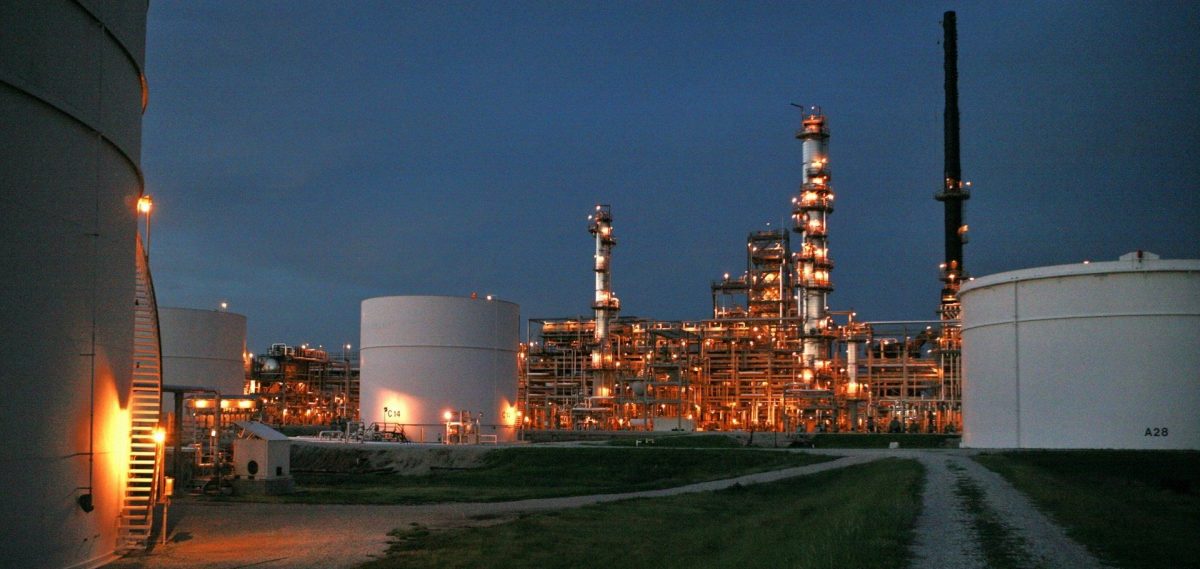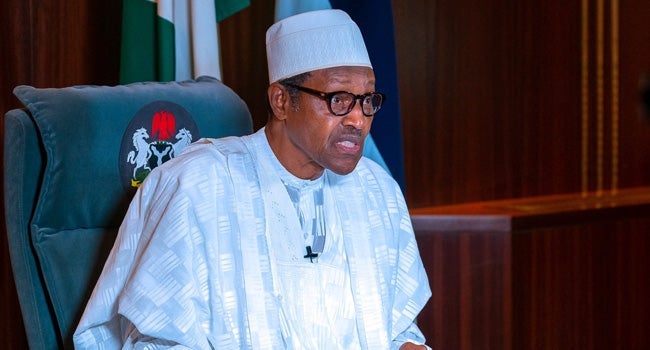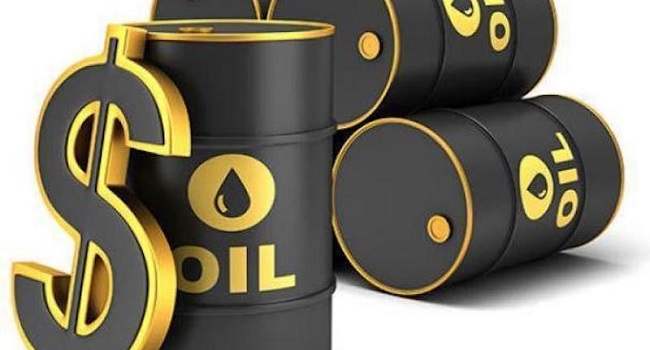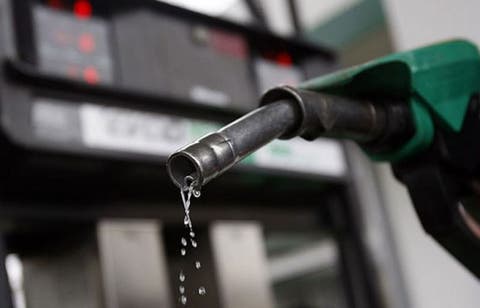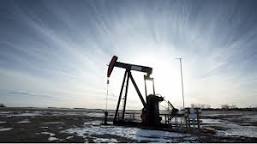The Federal Government spent a total of N1.96tn in 2019 on oil and gas assets being developed through joint ventures with private firms, mostly international oil companies, data from the Nigerian National Petroleum Corporation have shown.
The NNPC, which represents the Federal Government in the JVs, has an obligation to make cash call payment for the development of the assets.
In 2018, the corporation used N1.83tn, more than half of the total revenue (N3.11tn) generated from oil and gas sales, for the payment of the JV cash calls.
The government generated N3.05tn from the sale of crude oil and gas in 2019, out of which N1.96tn was transferred into the joint venture cash call account while the balance of N1.09tn went into the Federation Account, the NNPC data revealed.
The dollar allocation to the JV cash call account was $3.45bn (from oil and gas export receipt of $4.84bn) while the naira portion was N907.91bn (from domestic oil and gas sale proceeds of N1.41tn).
The NNPC said the transfers were made to the JV cash call account as first line charge “to guarantee current and future production”.
The federation crude oil and gas lifting are classified into equity export and domestic, both of which are lifted and marketed by the NNPC and the proceeds remitted into the Federation Account.
The equity export receipts, after adjusting for the JV cash calls, are paid directly into the Federation Account domiciled in the Central Bank of Nigeria.
Domestic crude oil of 445,000 barrels per day is allocated for refining to meet domestic products supply.
Payments are effected to the Federation Account by the NNPC after removing crude and product losses, pipeline repairs and management cost incurred.
The nation’s oil and gas production structure is majorly split between the JV (onshore and in shallow waters) with foreign and local firms, and Production Sharing Contracts in deep water offshore.
The NNPC owns 55 per cent of the JV operated by Shell, and 60 per cent of all the others.
Under the JV arrangement, both the NNPC and the private operators contribute to the funding of operations in the proportion of their equity holdings and generally receive the produced crude oil in the same ratio.
Production from the JV assets has declined over the past few years, partly due to funding constraints occasioned by the NNPC’s inability to fulfil its cash call obligations as and when due.
The JVs accounted for 32.07 per cent of the average daily production of 1.98 million barrels recorded in November 2019 while the PSCs contributed 41.91 per cent, according to the latest NNPC data.
“For a while now, there have been calls for the conversion from the unincorporated joint venture model to the incorporated JV model, especially because of issues such as government’s cash call challenges, lending challenges and governance issues. These calls have become even stronger now,” an energy law expert, Dr Ayodele Oni, said.
According to him, funding of operations under the UJVs remains difficult for the NNPC for various reasons such as competing needs for the dwindling federal revenues.
Oni, who is a partner at Bloomfield Law Practice, said, “Although, the NNPC has devised some creative financing methods recently, it is agreed that there is still the urgent need to reconsider the current UJV model.”
According to him, the conversion of the UJV arrangements to limited liability companies will have the NNPC and its JV partners as shareholders.
“The IJV model should aid the financing of joint venture projects. Incorporation benefits include a separate legal personality from owners and ability of the IJVs to independently raise finance for petroleum operations without reliance on, and/or recourse to, its shareholders,” he added.
In March 2019, the Federal Government announced plans to cut its stakes in the JV assets to 40 per cent in a restructuring programme expected to be completed last year.
The then Minister of Budget and National Planning, Senator Udo Udoma, said the government would intensify efforts to improve its finances with the “immediate commencement of the restructuring of the joint venture oil assets so as to reduce government shareholding to 40 per cent.”
The 2019 approved budget presentation showed that N710bn was expected to be generated from the oil assets ownership restructuring in the 2018 budget but it was not achieved in both years.
The Federal Government did not include the sale of the JV oil asset stakes as a source of expected revenue in the 2020 budget, the highlights presented by the Minister of Finance, Budget and National Planning, Mrs Zainab Ahmed, showed.
“I don’t think putting it in the budget is the right thing to do. It should be put aside to address specific infrastructure needs,” an energy expert and former board member of the NNPC, Alhaji Abdullahi Bukar, told our correspondent.
Noting that the IOCs had divested some assets in recent years, he said the government should follow suit and sell to Nigerians to further grow local capacity.
“I think the Federal Government should consider selling its shares in the JVs,” he added.
Bukar, however, said this might not be the right time to sell, given the current realities in the oil and gas industry.
The sale of some stakes in the JV assets means the government’s cash call obligation will reduce.
A former Chairman, Petroleum Club, Lagos, Mr Godswill Ihetu, said the government did not really pursue the planned sale of part of its stakes.
He said doing that at this time would be tantamount to panic selling, adding that the sale of the nation’s ailing refineries should be the priority now.
The regime of the President, Major General Muhammadu Buhari (retd.), had in its Economic Recovery and Growth Plan released in 2017 said it would reduce government’s stakes in the JV oil assets, refineries and other downstream subsidiaries such as pipelines and depots.
Source: Punch via Energy mix report

